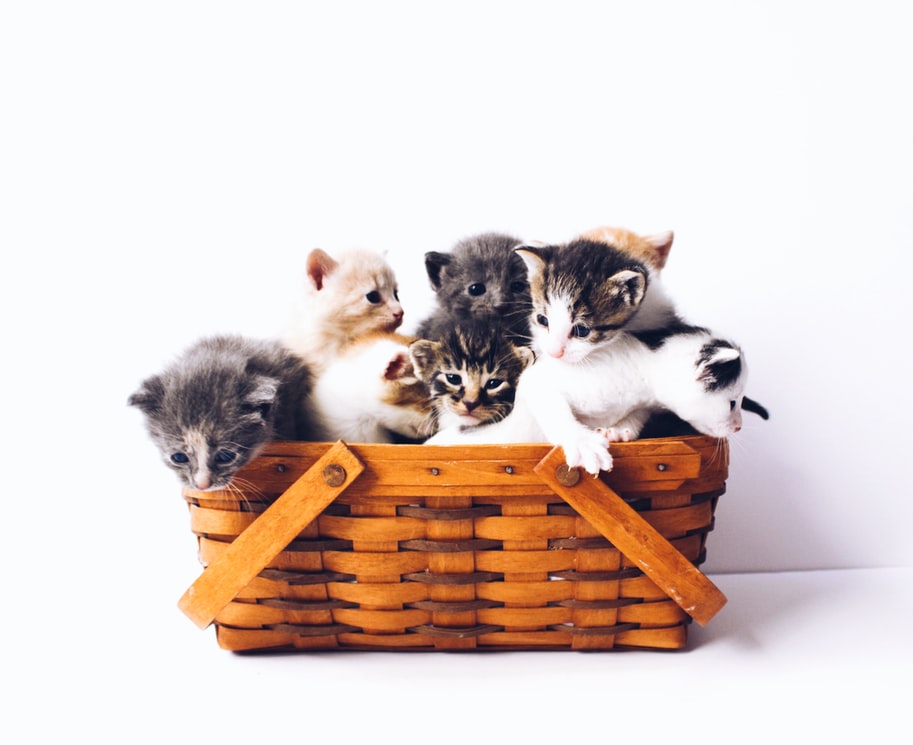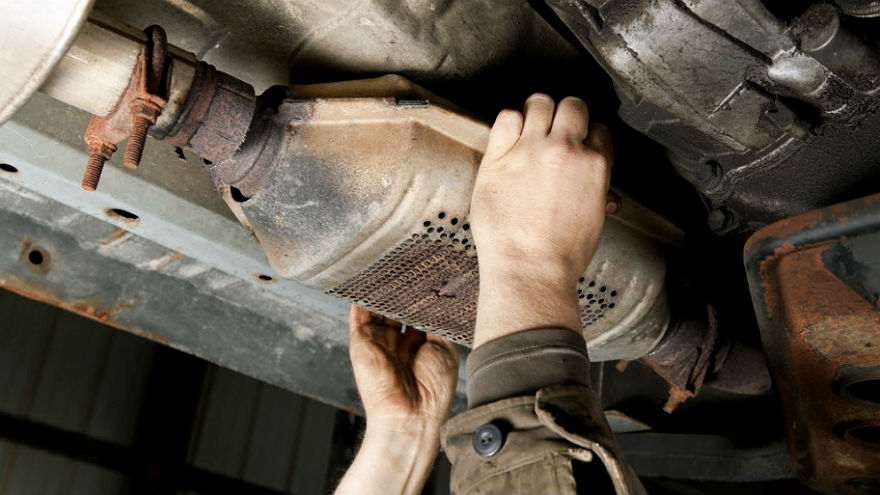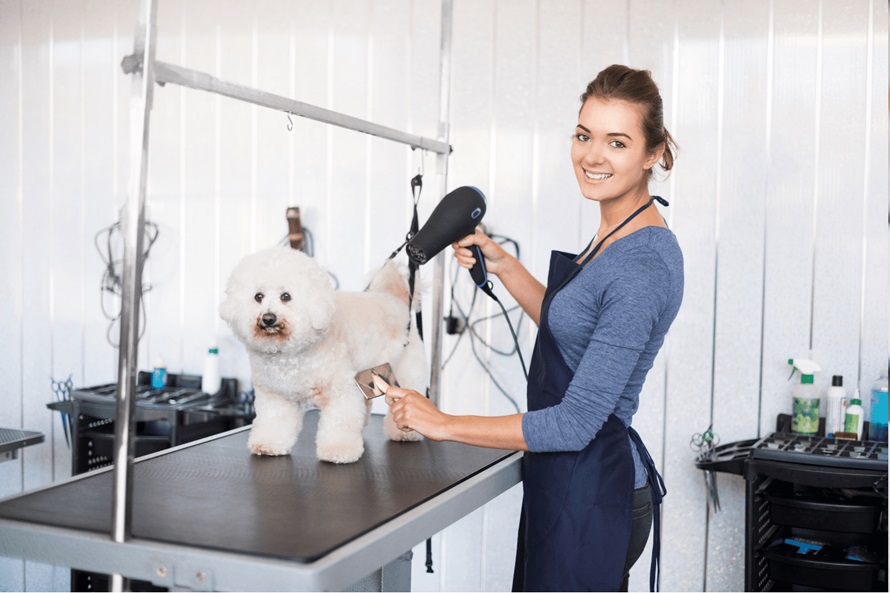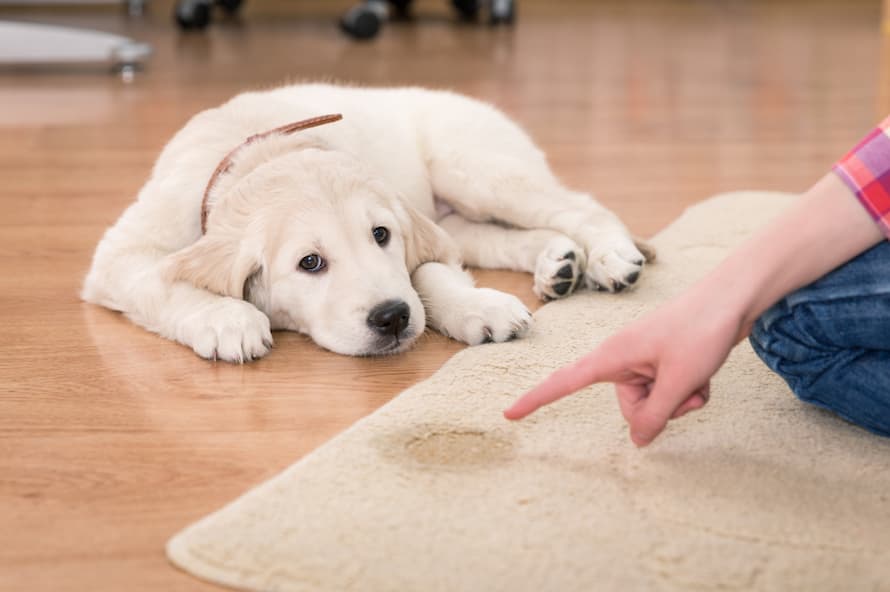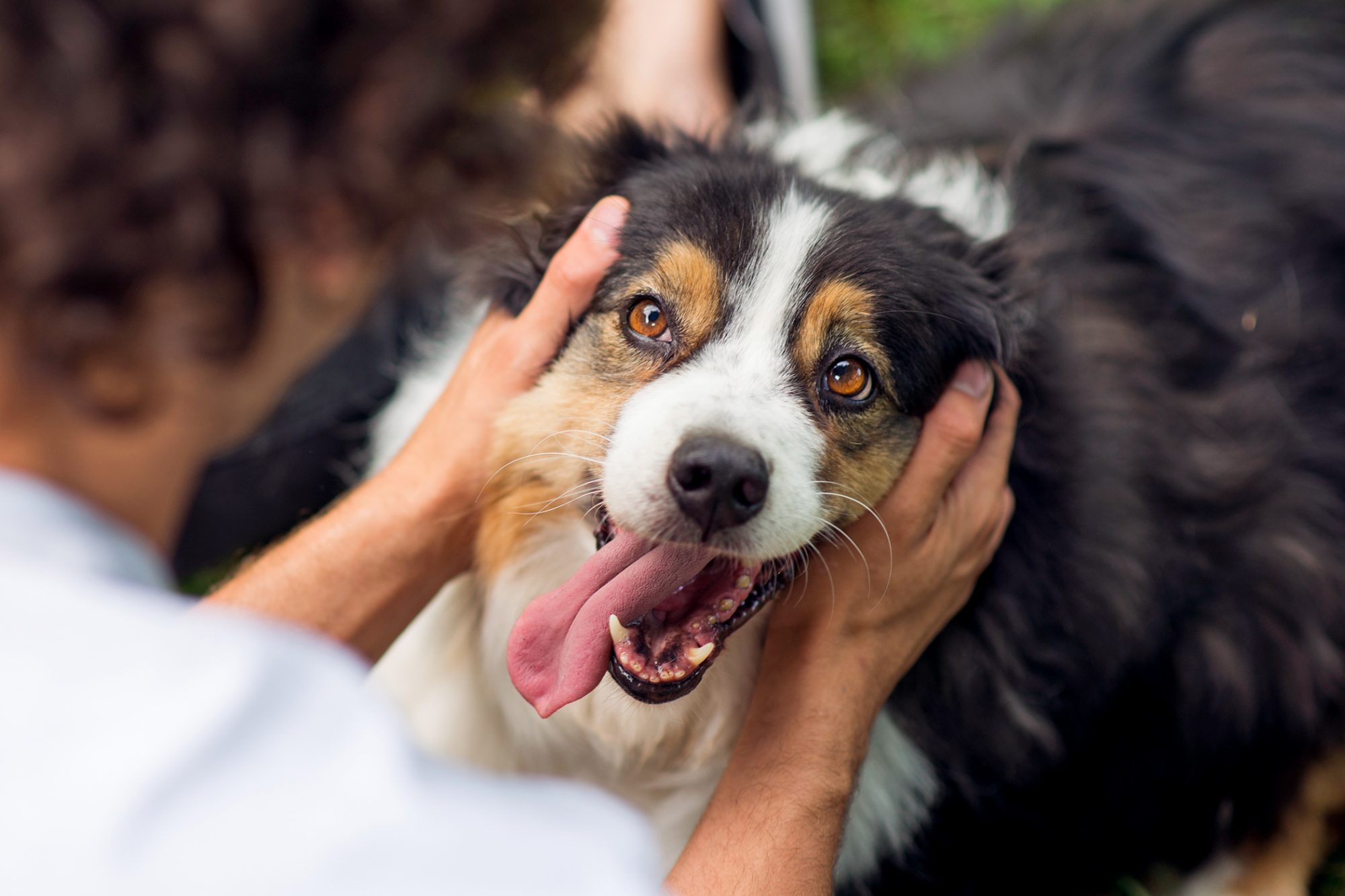Pets
Should I Give My Cat Probiotics? Types & Benefits
Just like in humans, cats’ immunity lays in their digestive tract, which is why sticking to a balanced diet is very important for your feline friend to stay healthy. One great way to do that is by making sure their diet contains an array of good bacteria. These live microorganisms are believed to treat and prevent various illnesses related to the gastrointestinal system.
And while cat owners usually invest in cat essentials and cat toys thinking it would make them happy, very few know that probiotics are some of the most important cat supplies to have at home. But, when does your cat need probiotics and of what kind? There are a couple of situations when your vegetarian will advise you to buy these cat supplies.
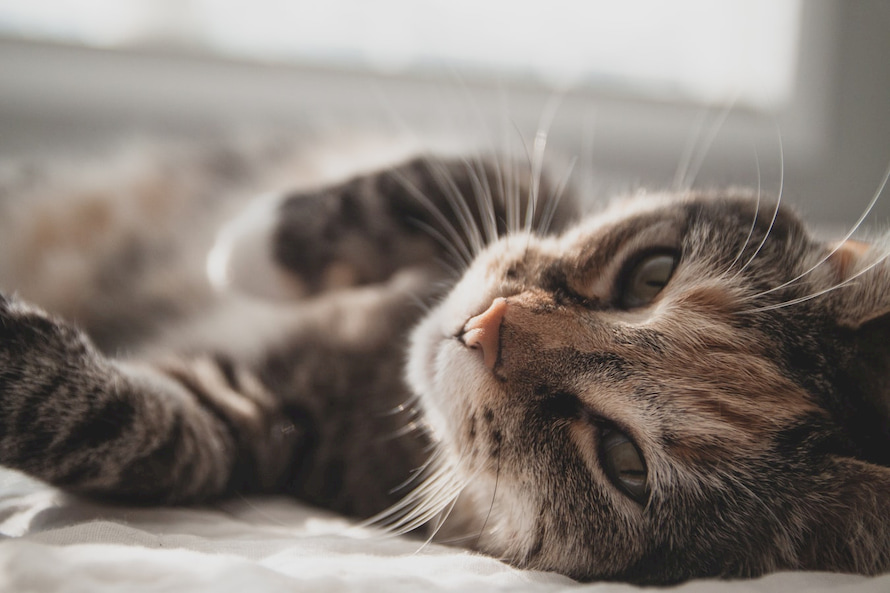
source: unsplash.com
What Are Probiotics for Cats?
Cat probiotics contain different types of good bacteria or yeasts which help maintain the proper level of beneficial bacteria and exclude pathogenic spices. But, what does a probiotic do for a cat? Probiotics are recommended to treat some specific conditions, like antibiotic-associated diarrhea and IBS syndrome. There are many different strands of bacteria that are believed to be helpful to your cat’s digestive system. Adding a probiotic supplement to your cat’s diet may help balance the good and bad digestive enzymes in their system.
Best Probiotic Bacteria Strains & Probiotic Types
There are two strains of bacteria from Bifidobacterium and Enterococcus families that are proven to be more effective with cats than others.
Bifidobacterium lives in cats’ small intestine, while Enterococcus usually resides in the colon (large intestine). Each strain may have a different function in promoting health. Bifidobacterium is involved in digestion and the Enterococcus helps with the formation of normal feces and promotes colonic health.
When buying cat supplies, it’s important to choose a probiotic that contains at least these two different types of bacteria, if not more, as they treat different parts of their system. In order to get the best results, a product will have a few strains from each family. Plus, it may have additional ingredients such as vitamin E, vitamin C, or beta-carotene for better immune system support.

source: unsplash.com
Cat probiotics come in a variety of forms – powders, pills, paste, etc. Powders are usually the easiest to administer. You can simply add it to your cat’s food as they are mostly odourless and tasteless. And if probiotic in the form of a pill is more appealing to you, you may want to get a “pill gun” and administer probiotics into your cat’s stomach easier. However, it’s always best to consult your veterinarian as they will be able to recommend the best probiotics based on your cat’s specific needs. As a bonus, they can also share with you some tips on how to easier get them into your cat’s system.
Benefits of Probiotics for Cats
Digestive health
Probiotics greatly help in treating diarrhea, vomiting, a decrease in appetite and gas. Inflammatory bowel disease and some other diseases may cause bacteria disbalance. If your cat ate something it shouldn’t have, stomach problems may also occur.
Immune system health
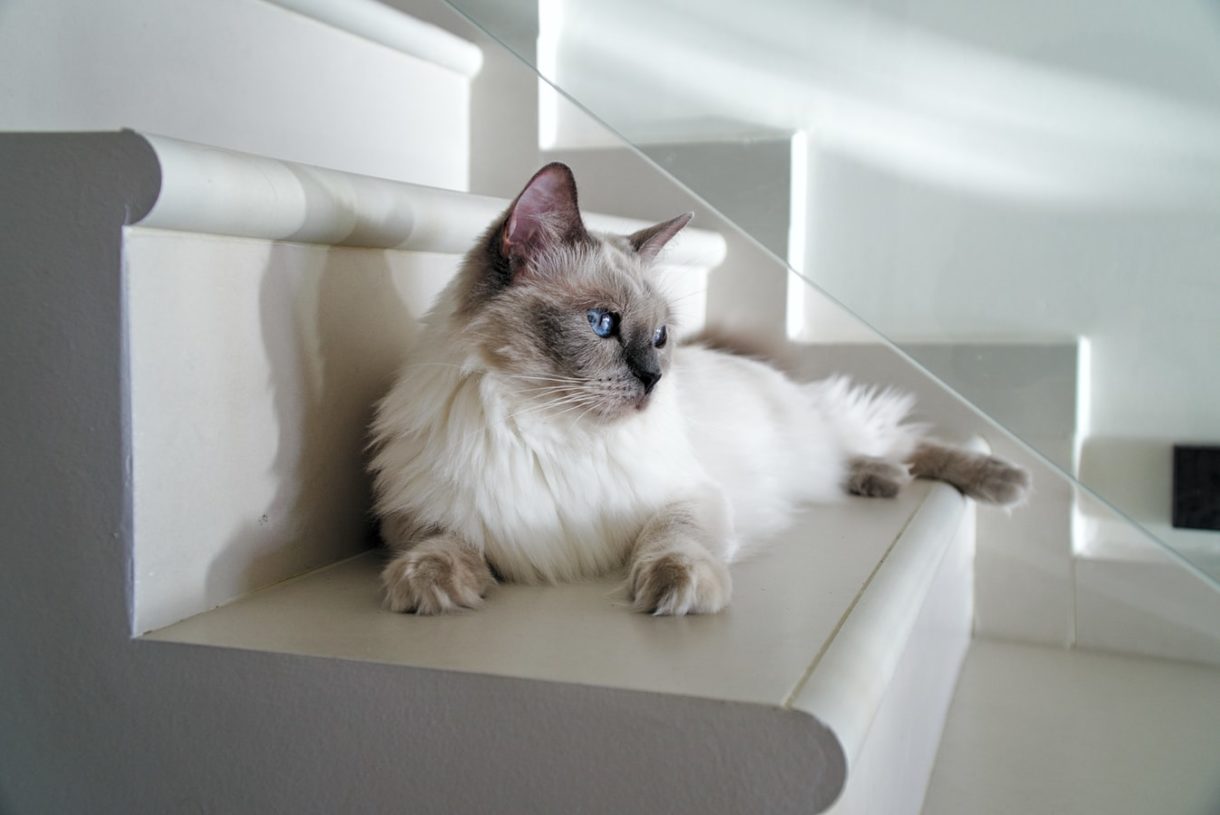
source: unsplash.com
A healthy digestive tract produces healthy digestive enzymes that besides breaking down food, protect the cat’s immune system as well. When you help them balance bacteria in their body, you help them live healthier and therefore, happier and longer.
Heart health
If your cat has heart problems, your veterinarian has likely recommended a low-fat diet. Adding probiotics may help your cat reduce total and LDL cholesterol levels allowing its heart to function better.
Reduce allergic reactions
Research shows that cat probiotics can minimise skin and food allergies in cats. Although probiotics can’t cure the condition, they can go a long way in improving your cat’s quality of life.
Recovery from antibiotics
As antibiotics kill good bacteria also, many experts recommend following up with probiotics to restore the healthy amount of good bacteria in their system. Probiotics can also aid your cat in minimising skin rashes, excessive shedding, weight problems and yeast infections.
Possible Risks of Probiotics for Cats
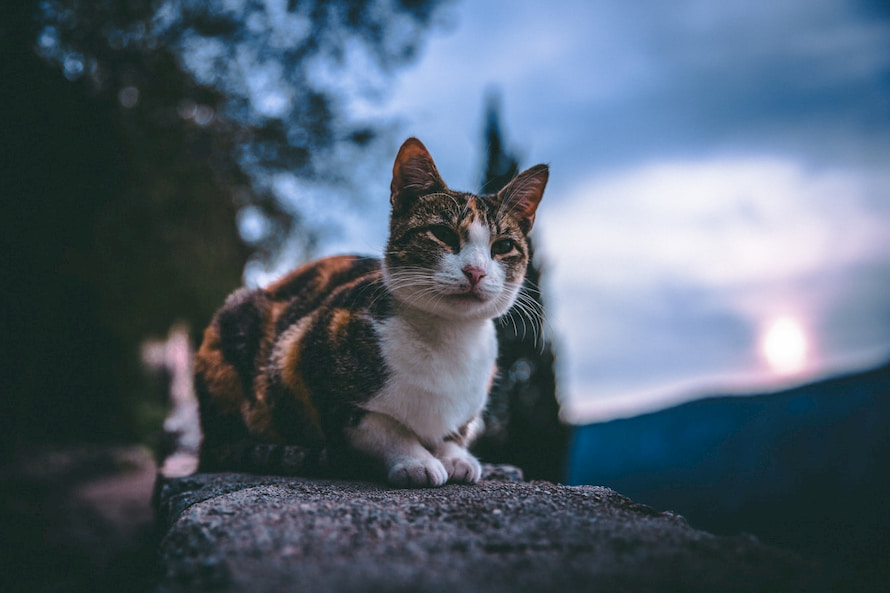
source: unsplash.com
Unfavourable effects of probiotics are rare in cats. Diarrhea is the most common side effect until your cat adjusts to the new bacteria in their gut. The main risk with a probiotic supplement for cats is the same as in humans – the supplement industry is loosely regulated. There are no government requirements that a manufacturer has to clearly back up the statements they made on the label. And that’s why it’s important to look for a manufacturer that submits their products to third-party testing.
At the end of the day, the most important thing is to see what works best for your cat. There isn’t a single product that works for every pet, so trying different probiotics and monitoring their results is a good approach.


